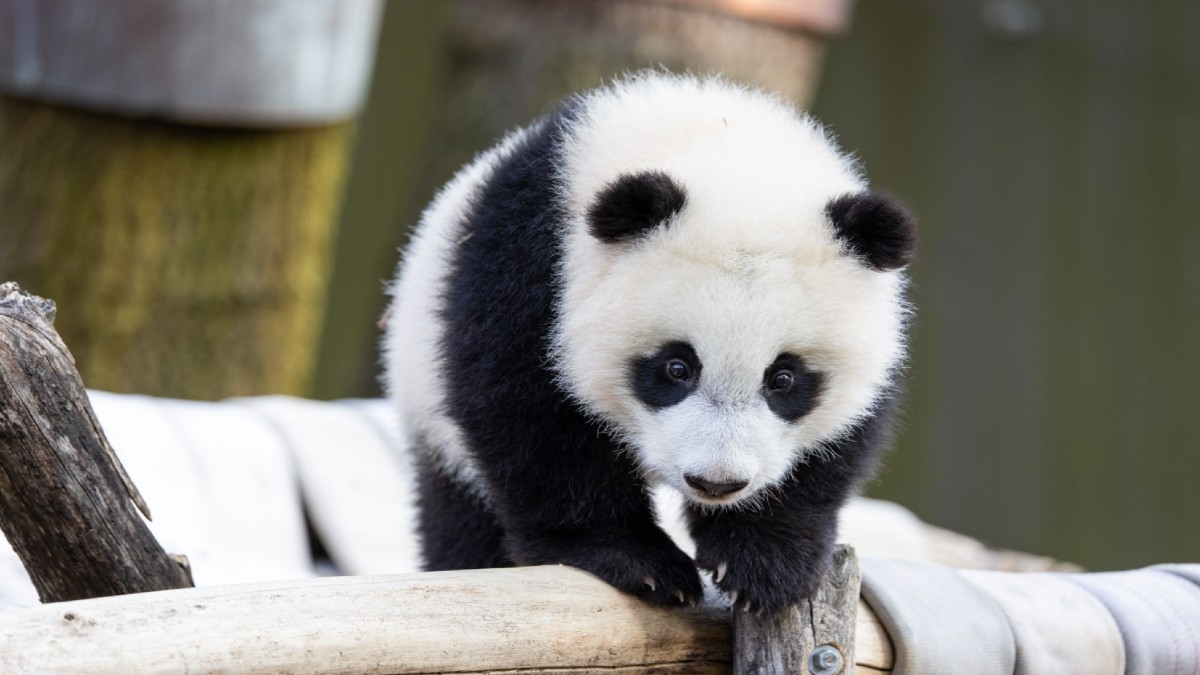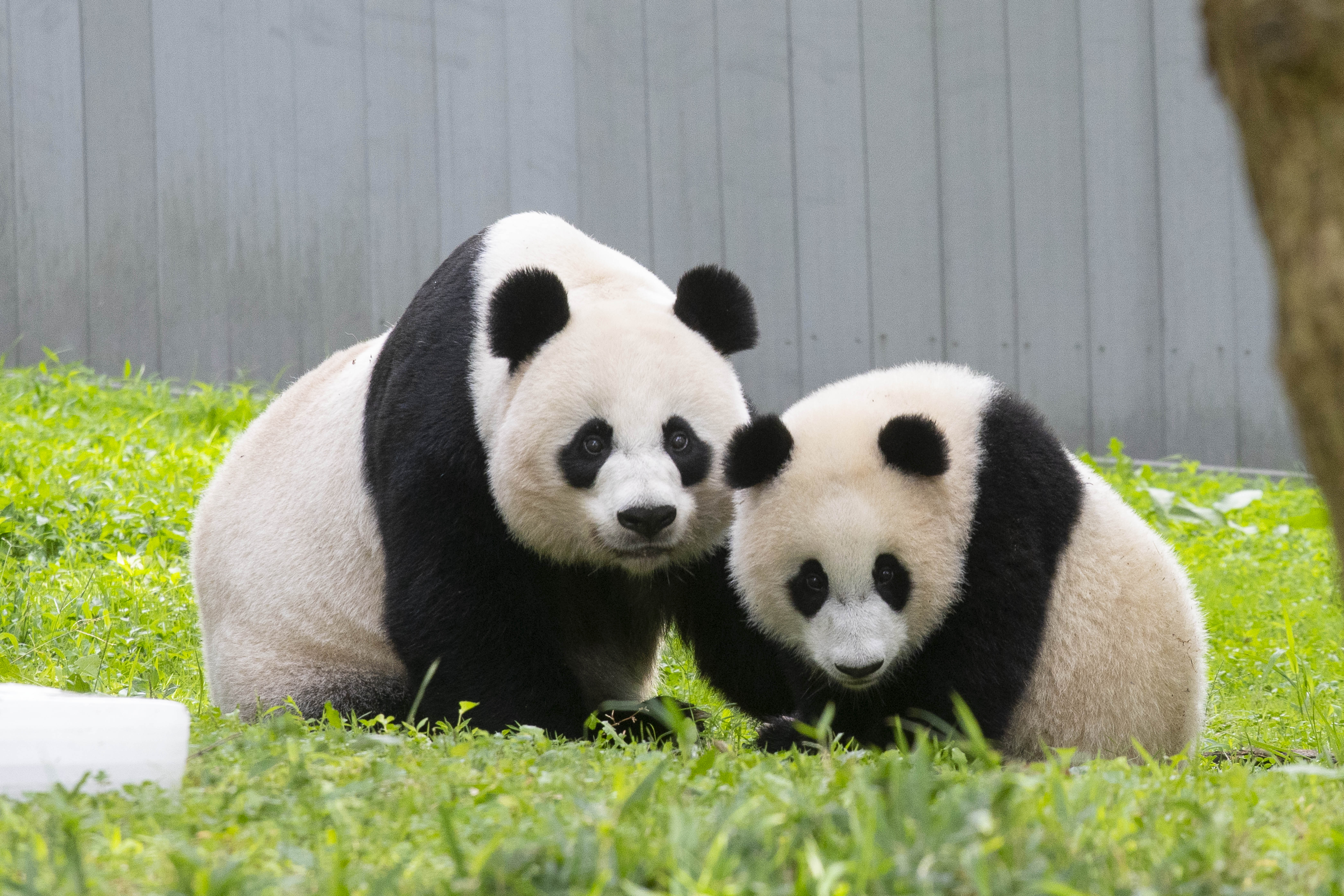The Smithsonian National Zoo's three giant pandas will leave for China sooner than expected, the zoo told NBC Washington on Wednesday.
The pandas — Mei Xiang, Tian Tian and their youngest offspring, 3-year-old Xiao Qi Ji — will board a plane in mid-November to travel to the China Wildlife Conservation Association. The exact date of the departure has not been released due to security concerns.
The panda’s keepers said the next couple of weeks will be emotional. Tian Tian did not seem to notice the extra attention Wednesday, continuing to eat a healthy serving of bamboo for breakfast.
“It’s gonna be hard for all of the keepers that work with them on a day-to-day basis because we spend so much time with the pandas," Assistant Curator of Giant Pandas Laurie Thompson said. "Holidays, and you know, every day we're here. And so, it's, it's a little bit heartbreaking to not have them here."
The pandas are part of a research exchange program between the U.S. and China. An initial 10-year agreement to have Mei Xiang and Tian Tian live at the National Zoo was extended three times. But the contact between the Smithsonian and the China Wildlife Conservation Association will expire in December.
Mei Xiang and Tian Tian have lived most of their lives thus far at the National Zoo, arriving in December 2000 to much fanfare.
Now 25 and 26, both Mei Xiang and Tian Tian have already lived longer than the zoo's previous female giant panda, Ling-Ling. The zoo's first pair of pandas, with male Hsing-Hsing, was gifted to the U.S. in 1972 to commemorate President Richard Nixon’s historic visit to China.
Those pandas died in the 1990s, leaving behind no surviving cubs. But Mei Xiang and Tian Tian turned that luck around for the zoo.
Over the years, they bore four surviving cubs amid several losses. Starting with Tai Shan, born in 2005, the cubs became the first ever to grow up at the National Zoo after decades of dashed hopes. One after another, the roly-poly babies delighted visitors and Panda cam viewers with their antics. The three oldest offspring each moved to China when they were a few years old.
Now keepers are getting Mei Xiang, Tian Tian and Xiao Qi Ji ready for their 19-hour journey. They'll travel by FedEx on a plane reserved just for this occasion.
Their destination, the China Wildlife Conservation Association, is basically "a panda base, if you will," Bryan Amaral, senior curator at the National Zoo, previously told NBC Washington.
"It's a place where they have lots and lots of giant pandas, very similar to what you would see — how our giant pandas live here, very similar to that," Amaral said. "They just have a lot more giant pandas than we have. Where we have elephants and, you know, all kinds of other things, they have just pandas."
If you want to see the pandas before they leave, you should plan your visit as soon as possible, zoo officials warned.
The National Zoo hosted Panda Palooza: A Giant Farewell last month.




